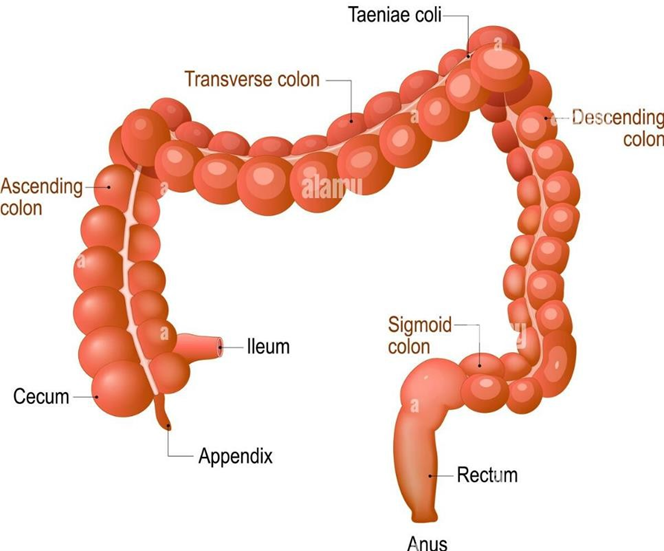Which strategy Increases the probability that the client will achieve the knowledge of the essential information that the nurse is teaching?
Setting the room temperature on the colder side
Postponing a teaching session if the client appears to be mildly anxious
Emphasizing information that is most important first
Allowing the client to listen to music while the teaching is taking place
The Correct Answer is C
C. Prioritizing essential information and presenting it first can increase the likelihood that the client grasps key concepts and retains important details. By focusing on the most crucial information initially, the client is more likely to understand and remember the core concepts of the teaching session. This approach helps prevent information overload and ensures that the client receives the most critical information upfront, enhancing their learning outcomes.
A. Extreme temperatures, whether too hot or too cold, can be distracting and uncomfortable for the client, potentially detracting from their ability to focus on the teaching session and retain information.
B. Postponing a teaching session if the client appears to be mildly anxious: This strategy acknowledges the importance of addressing the client's emotional state in facilitating effective learning. If a client appears to be mildly anxious or emotionally distressed, it may be beneficial to postpone the teaching session temporarily until the client feels more calm and receptive to learning. Addressing the client's emotional needs and ensuring a supportive environment can enhance their ability to engage in the teaching process and retain information effectively.
D. While some individuals may find listening to music relaxing or enjoyable, it can also serve as a distraction during a teaching session, especially if the music competes with the nurse's instructions or interferes with the client's ability to concentrate.
Nursing Test Bank
Naxlex Comprehensive Predictor Exams
Related Questions
Correct Answer is B
Explanation
B. Negligence refers to the failure to exercise reasonable care that results in harm to another person. It occurs when a healthcare provider fails to perform their duties according to the standard of care expected in their profession, leading to injury or harm to the patient. In the scenario described, the failure to follow orders for turning and positioning, resulting in pressure injuries, is an example of negligence. Negligence can result from actions (acts of commission) or omissions (acts of omission).
A. Battery refers to the intentional harmful or offensive touching of another person without their consent. In healthcare, battery may occur if a medical procedure is performed on a patient without their informed consent or if a procedure goes beyond the scope of what was consented to. In the context of the scenario provided, the development of pressure injuries due to inadequate turning and positioning is not an example of battery because it does not involve intentional harm.
C. Assault refers to the intentional threat of harm or the creation of fear of imminent harm in another person. In healthcare, assault may occur if a healthcare provider threatens a patient with harm or performs a procedure without their consent, creating fear or apprehension in the patient. In the context of the scenario provided, the development of pressure injuries due to inadequate turning and positioning is not an example of assault because it does not involve intentional threats or actions creating fear in the patient.
D. A felony is a serious criminal offense punishable by imprisonment or death. It typically involves actions that are considered extremely harmful or dangerous to society. The scenario described does not involve actions that rise to the level of a felony offense.
Correct Answer is D
Explanation
D. The sigmoid colon is the last part of the large intestine before the rectum. It functions to store fecal material and absorb water and electrolytes. Fecal material passing through the sigmoid colon tends to become more solid as water is absorbed, resulting in a more formed stool compared to other parts of the colon.
A. The transverse colon is located in the upper abdomen and is responsible for further absorption of water and electrolytes from the stool. Fecal material passing through the transverse colon tends to become more solid as water is absorbed, but it may not be as solid as stool from the descending colon or sigmoid colon.
B. The ascending colon is where stool is in a more liquid form as it moves up from the cecum. It undergoes further absorption of water and electrolytes as it travels through the colon, but it typically does not produce solid fecal output.
C. The ileum is the final portion of the small intestine and connects to the large intestine (colon). Stool passing through the ileum is still in a relatively liquid state as it contains undigested food particles, bile salts, and digestive enzymes. The primary function of the ileum is absorption of nutrients rather than water reabsorption, so fecal output from an ileostomy is usually more liquid.

Whether you are a student looking to ace your exams or a practicing nurse seeking to enhance your expertise , our nursing education contents will empower you with the confidence and competence to make a difference in the lives of patients and become a respected leader in the healthcare field.
Visit Naxlex, invest in your future and unlock endless possibilities with our unparalleled nursing education contents today
Report Wrong Answer on the Current Question
Do you disagree with the answer? If yes, what is your expected answer? Explain.
Kindly be descriptive with the issue you are facing.
